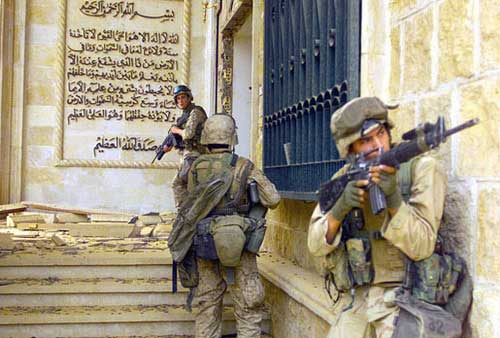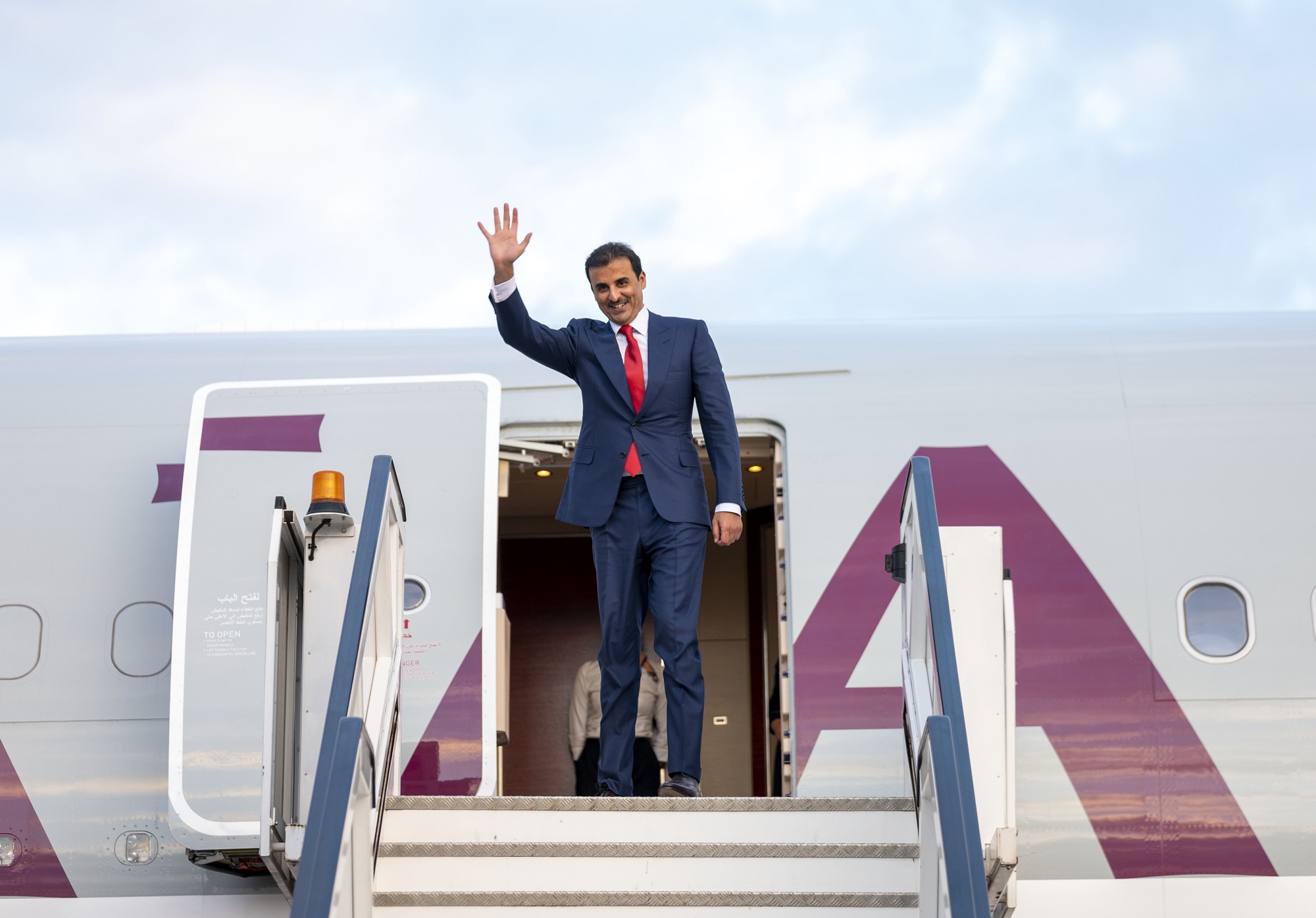Throughout the invasion, US-led forces carried out various atrocities in Iraq including murder, rape and the mass slaughter of civilians.
The preogrative that the west or industrial communities have to show some sort of motivation to back uprisings within countries in the region, can be seen as problematic as it could strip away the genuineness and agency of these movements, an expert said during a panel discussion at the 2023 Global Security Forum.
“I think this is a problem because it might jeopardise those movements. They have to be genuine, they have to have the agency, they have to do it by themselves without this perceived support,” said Omar Mohammed, Historian and Founder of Mosul Eye.
The panel discussion titled “The Invasion of Iraq: 20 Years On (New America)” focused on the 20-year anniversary of the tragic 2003 invasion of Iraq and how it affected both contemporary global security and the lives of the country’s citizens.
The Global Security Forum began with an opening speech from the Prime Minister and Minister of Foreign Affairs Sheikh Mohammed bin Abdulrahman Al Thani. Several panels and discussions will take place from 13 to 15 March at Sheraton Grand Hotel.
In light of the overarching theme of the panel on how the US invasion affected the Iraqi people, Mohammed of Mosul Eye said: “I think among Iraqis, they all agree it was necessary to remove Saddam [Hussain] but the United States shouldn’t have invaded,” adding that the Iraqi citizens should have taken matters into their own hands.
“We have to start looking at things from the perspective of the man in the Iraqi street, not from the perspective of the ruling class or from the perspective of the international community.”
The expert further pointed the lack of planning and failed mission the US carried while forcefully entering Iraq, saying that they did ‘not have a plan and did not know what to do, and had to even download a map of Mosul.’
The human cost that has unravelled over the years in Iraq tailored major destabilisation into the very fabric of the Iraqi society that, as Mohammed pointed, even a mere TV series could threaten the social cohesion of the country.
Speaking at the sidelines of the forum, Omar Mohammed told Doha News the US invasion of Iraq “destabilised not only Iraq but the entire region and the problem with the invasion is that they didn’t have a plan or they were ‘selling’ all of these plans saying that we are here to modernise Iraq, to bring democracy.”
“But then when they arrived, they didn’t know what they are going to do the next day. They didn’t have any plans,” he said, adding that upon the US arrival to the Middle Eastern country, they dismissed the entire military as well as all the administrations and “wanted to start over, thinking that building a state could take one or two days.”
Speaking on the failed US involvement in Iraq, Mohammed said: “when it comes to the United States, it’s no more a reliable ally, Iraqis have hoped that after all these years of terrible mistakes that the United States would fix those mistakes, but it is back again with the same policy.”
“When they [US] saw that there is a rise in the insurgency and some extremism, what did they do? They went to the tribes and told them we’re gonna give you weapons to fight those extremists.”
US war crimes in Iraq
Iraq has been drenched in violence and corruption since the US launched a deadly invasion in 2003, though Washington has long evaded responsibility for the war crimes it committed there.
Throughout the invasion, US-led forces carried out various atrocities across the country, including murder, rape and the mass slaughter of civilians in various areas including Haditha, Hamandiya, Sadr City, Samarra and Ishaqi.
The Pentagon has covered up the majority of these crimes and cleared the accused soldiers, despite some cases being brought before military commissions. Military prosecutors have focused their efforts on a small number of low-ranking soldiers, rather than high-ranking officials and senior officers, reports have found.
Washington asserts such atrocities were carried out by a “few bad apples”.
In 2003, the United States bypassed the United Nations and violated the rule of international law prohibiting the use of force, which amounted to aggression against Iraq.
Approximately 209,000 Iraqi civilians were killed in the war and other violent conflicts between 2003 and 2021, while 9.2 million fled their country as refugees or were otherwise compelled to do so, according to Statista, a global statistical database.







